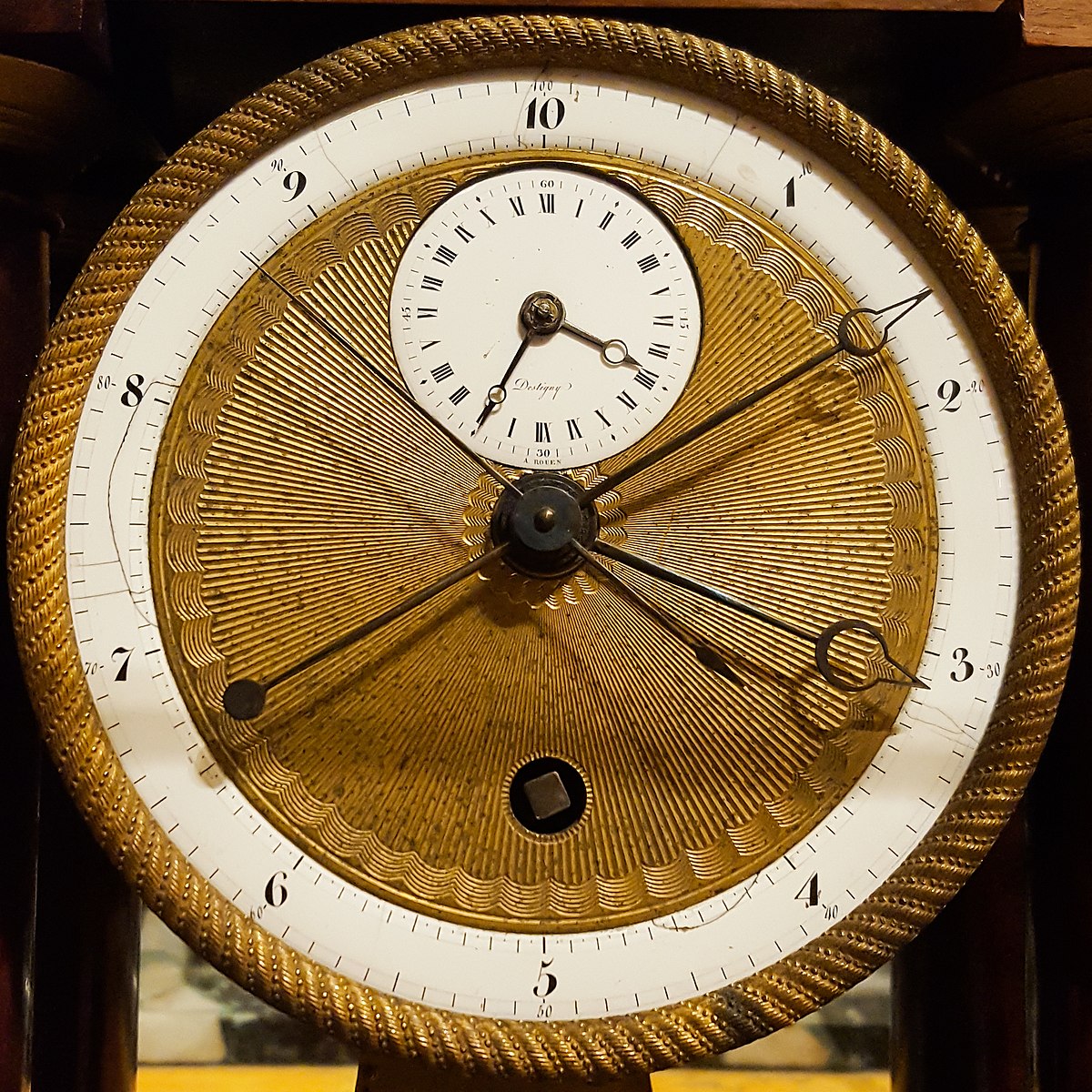- cross-posted to:
- [email protected]
- wikipedia
- cross-posted to:
- [email protected]
- wikipedia
There is a discussion on Hacker News, but feel free to comment here as well.
That reminds me a constructed world that I’m building, roughly based on Earth after a few millions of years. It uses decimal time - the day is split into eight, then 100, then 100 again.
It’s a poor system though; getting whole amounts from dividing by 3 is far more valuable than doing it for 5. If anything, it makes me wonder if we shouldn’t be shifting our number system to base-12 instead of base-10.
Why split the day into 8?
You definitely have a point with base-12 though. If base-10 wasn’t so ingrained already, base-12 would be a very logical choice. You can even count to 12 easily on one hand, using your thumb to keep track of where you are and counting on the segments of each of your 4 other fingers.
Why split the day into 8?
Because the in-world people who devised this system measured Earth’s day as around 80ks (it’s actually 86.4ks). And splitting 80ks by eight gives you neat 10ks “slices”, as if forcing it into a decimal system.
Relevant detail: the people who did this were colonists exploring what they believed to be an “unknown planet”, without realising that it was humankind’s birthplace. Most info about Earth has been already lost back then, including our origins.
You can even count to 12 easily on one hand, using your thumb to keep track of where you are and counting on the segments of each of your 4 other fingers.
Sometimes I do this. It could be used to count to 144 using both hands (use one of the hands for the twelves and another for the units), although 60 is more practical.
Makes sense, you clearly thought about this! From a world-building perspective I do have a follow-up question: 86.4k seconds is our definition of a second, but it is essentially a convention and there is no reason for it. In a society that throws out the hours and minutes, why did they keep our second? It seems like it would have made sense for them to define the day as 100k of some new (slightly smaller) unit. That could have given them 10 “hours” of 100 “minutes” of 100 “seconds”.
In a society that throws out the hours and minutes, why did they keep our second?
When migrating from Earth to a new planet, they kept the seconds because a lot of our science is built around them. They did the same with the meter, kilogram, and Kelvin degree.
And, when their descendants were colonising back Earth, they lost access to most scientific apparatus that was transported with them, due to software failure. The cryogenic chambers were supposed to open as soon as they detected liveable conditions; instead they opened millions of years later, as the radioactive material fuelling them run out.
It’s somewhat easy to guesstimate a second, so they guesstimated the Earthling day into 80ks, just temporarily, for their own convenience, until they got access to better tech. It was close enough, unlike 100ks.
…except that nothing is more permanent than a temporary measure. They died without measuring the day properly, their children weren’t able to do so either, and eventually all that story about “we came from the stars” became folklore.



